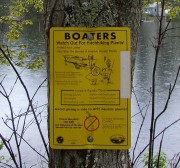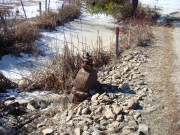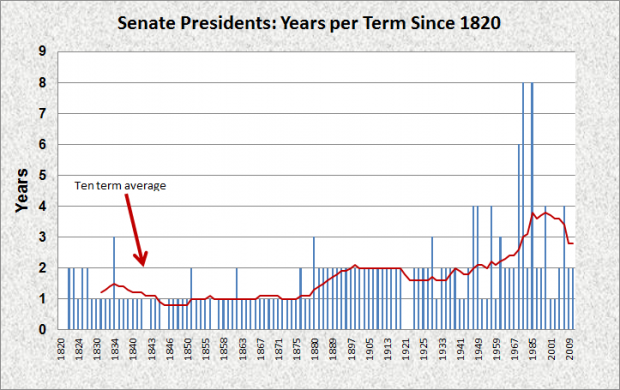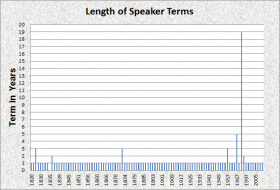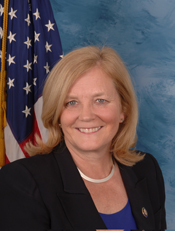Harpswell Center
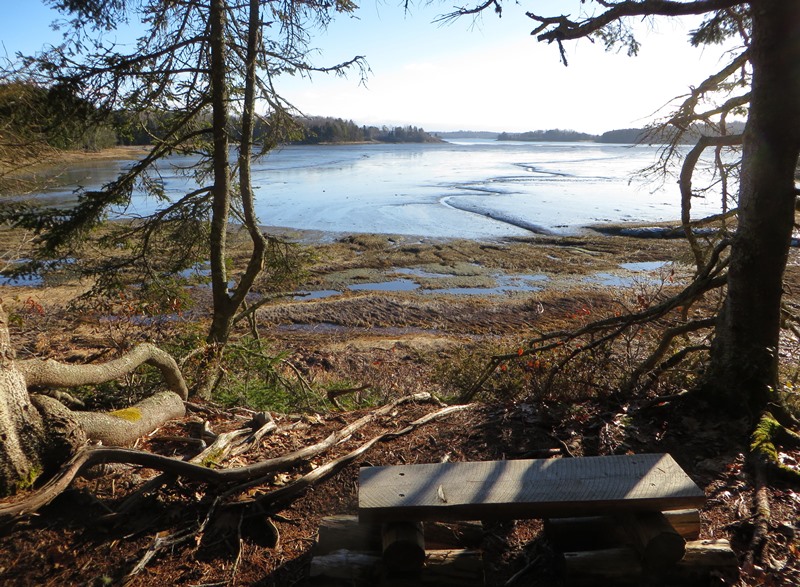
During Harpswell’s early settlement and before a bridge connected it to the rest of the town, Harpswell Neck was the site of several small villages. Harpswell Center hosted a church, the 1759 meetinghouse (later the town office), a 200-year plus old cemetery, and a 1793 cattle pound. The cemetery is the site of “The Witch…


